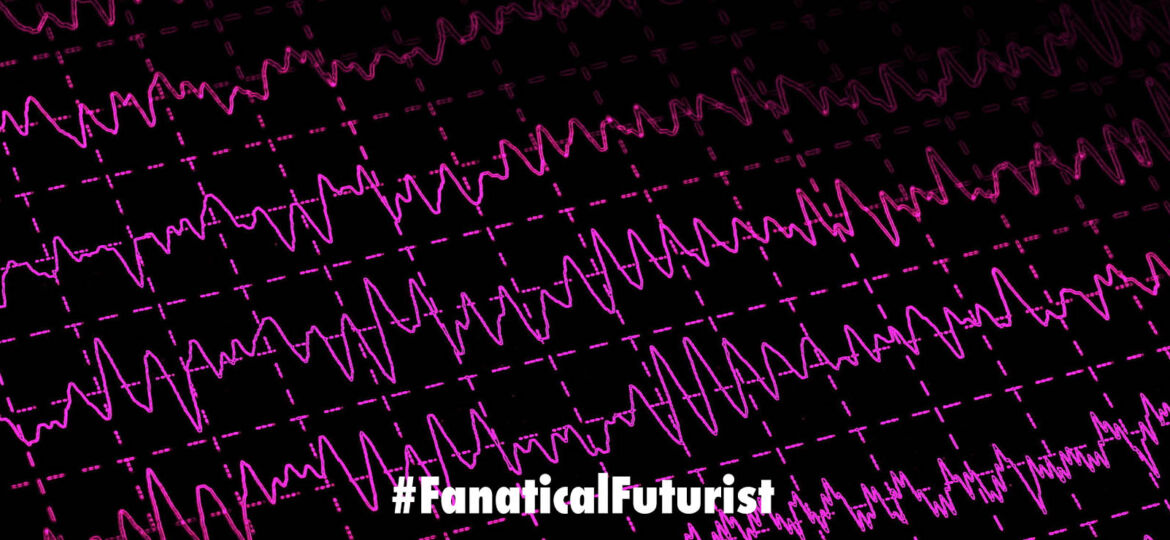
WHY THIS MATTERS IN BRIEF
What is the thoughts in your head weren’t so secret after all?
 Love the Exponential Future? Join our XPotential Community, future proof yourself with courses from XPotential University, read about exponential tech and trends, connect, watch a keynote, or browse my blog.
Love the Exponential Future? Join our XPotential Community, future proof yourself with courses from XPotential University, read about exponential tech and trends, connect, watch a keynote, or browse my blog.
For the very first time Artificial Intelligence (AI) has been used to scan and decode brainwave patterns and then turn those patterns into audible sounds – that are freakily recognisable as you can hear from the video below. And it now means that we can now, literally, listen to the thoughts inside your head.
Combine this with the ability to stream the imagery associated with those thoughts in your head and play them as a video on the TV, as we’ve also already done, and suddenly you might just realise that sci-fi is dead. And you might now also be realising that even the thoughts in your head in the future aren’t safe – and you’d be right especially as the tech to “at a distance is now also developing at a fast rate.
See how it’s done
In their ground breaking study the team successfully reconstructed what they call the “perceptual experiences from human brain activity and provide insights into the neural representations of sensory experiences.” Or, what I said above.
Historically reconstructing these arbitrary sounds from the human brain has been avoided because of the complexity of the temporal sequences in those sounds and the limited resolution of neuroimaging technologies like fMRI.
However, while we’ve seen numerous developments recently in Generative Artificial Intelligence (GAI) systems that can take different inputs such as text and turn them into music and assorted sounds this is the first study where the researchers used it to reconstruct sounds from decoded brain waves. And it’s scarily impressive as I think you’ll agree.

















[…] reported a recent study led by the University of California Berkeley showcased the ability of AI to recreate music by scanning brain activity, and elsewhere we’ve seen AI streaming video from people’s […]